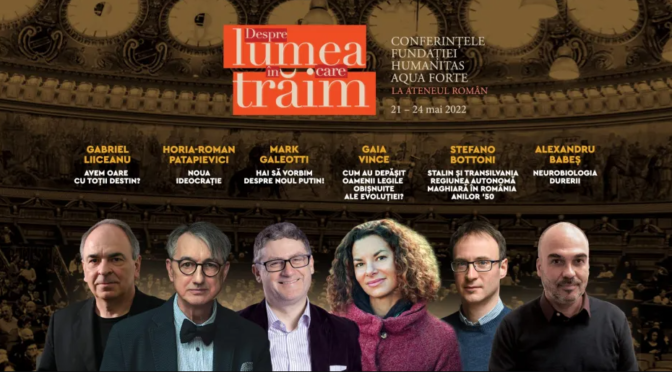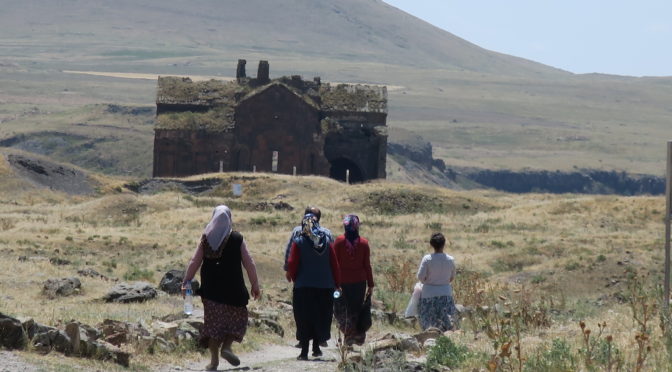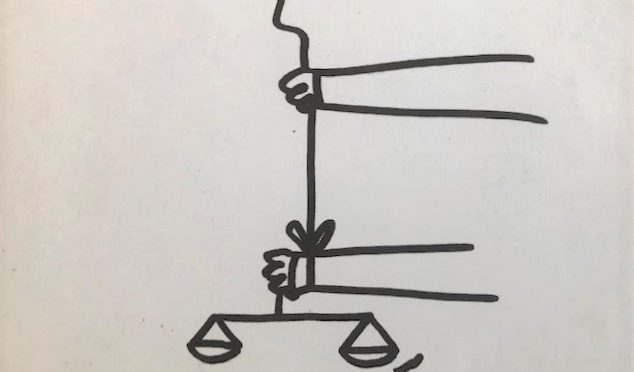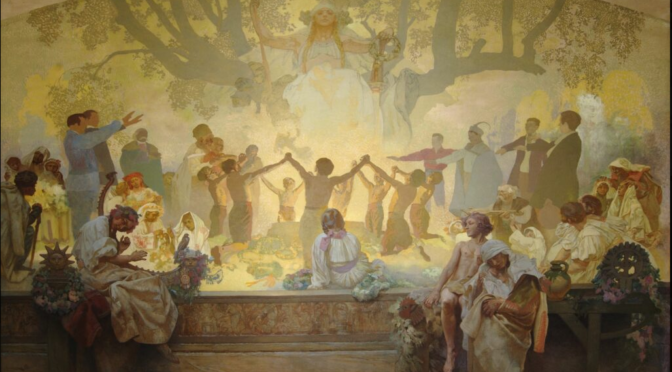How to study Romanian conservative intellectuals in transnational perspective?
5th session of CEFRES Seminar
When: Wednesday 6 April 2022, 4:30 pm
Where: CEFRES and online (to register please contact claire(@)cefres.cz)
Language: English
Host: Anemona Constantin (CEFRES/Charles University)
Abstract:
“Populist,” “illiberal,” “nationalist,” or “conservative”: these are some common ways to refer nowadays to political actors, social movements, or intellectuals who criticize liberalism. These overused, worn-out, and often abused labels have been reinvented despite some obvious theoretical flaws and methodological biases. Perhaps, because these terms are fulfilling a vital social and political function – naming and shaming what appears to be at the climax of the ideological undesirability – they continue to be widely used in the media and by social scientists. A few questions emerge naturally: how to engage with a research field undermined by so many negative preconceptions? How to study an object labeled in such a derogatory way? Which research methods would allow us to break with the common beliefs and approach the conservative mobilizations more reflexively?
To answer these questions, the presentation examines a specific case: the Romanian conservative intellectuals and their contribution to the political debates that have challenged since 2007 the “liberal consensus” established in Central and Eastern Europe (CEE) after the demise of state- socialism. By “liberal consensus,” I understand discourses that have accepted and promoted human rights (including minority rights and tolerance towards cultural, religious, and gender diversity), the market economy, the rule of law, and the European integration. By “conservative” intellectuals, I understand public figures who define themselves as such.
Continue reading How to study Romanian conservative intellectuals?






